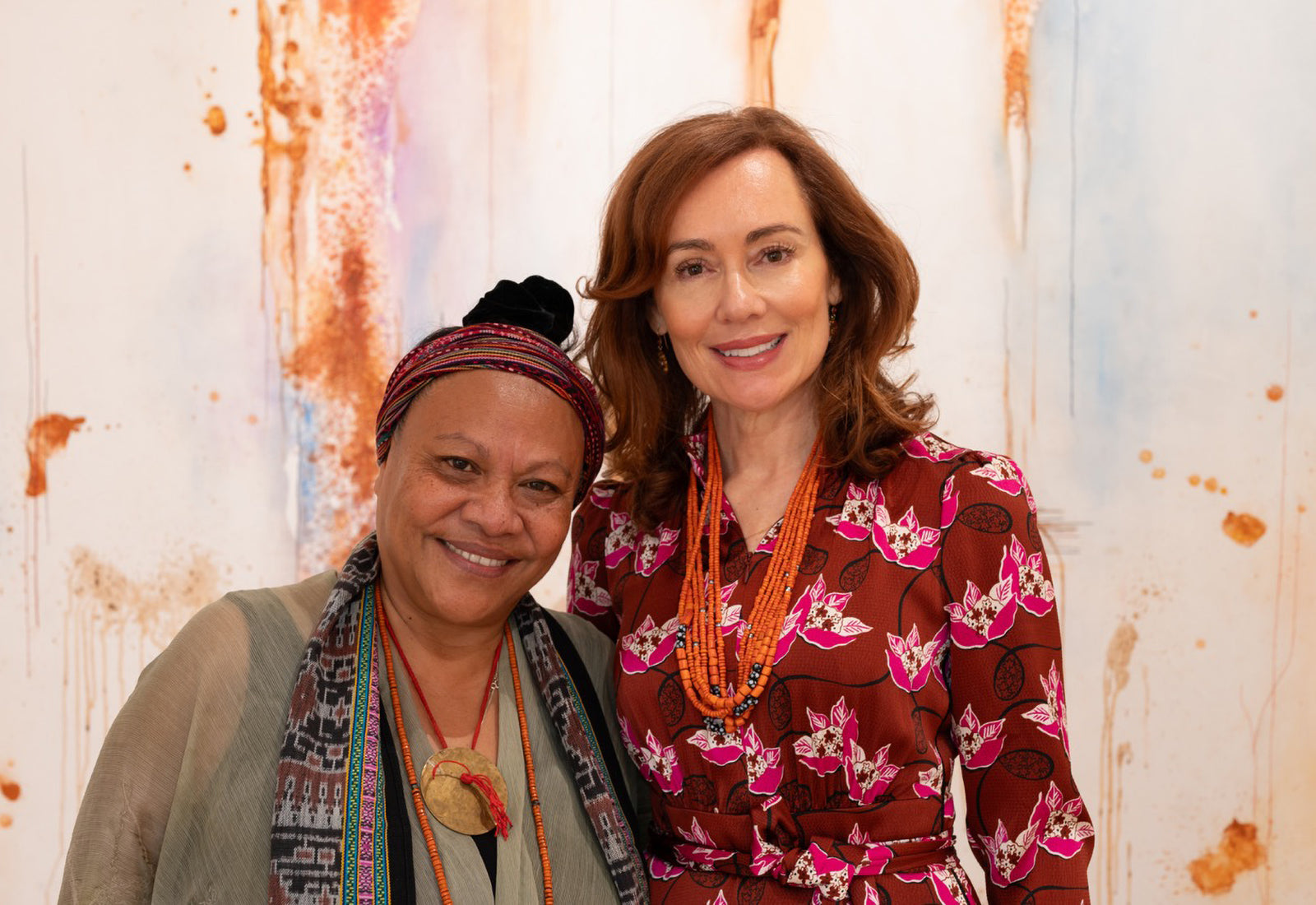On 19 April 2024, Timor-Leste inaugurated its first-ever participation at the Venice Biennale. This event was filled with symbolism, since 2024 marks the 25th anniversary of the referendum vote towards the restoration of the country’s independence. So, the quarter-century aptly symbolises Timor-Leste’s affirmation as a sovereign nation, and this can be marked by its presence on the centre stage of world art – the Venice Biennale. Venice is not only the oldest biennale in the world, it is also the only biennale that still holds on to national participations. This format, which, significantly, also includes awards, leads some commentators to regard the Venice Biennale as a kind of artworld Olympics, because this division enables notions of competition between world nations. Yet, viewed from a positive angle, it also allows for a nation’s agency to manifest itself. In this sense, 2024 was a relevant edition. The fact that many of the participations directly alluded to Artistic Director Adriano Pedrosa’s proposed theme ‘Stranierie Ovunque – Foreigners Everywhere’ led some authors to enquire whether the scheme of national representations was perhaps too rigid. In this edition, those who have remained in the margins of national histories – including indigenous communities, sexual minorities and displaced peoples – were very relevant, and Timor-Leste was no exception.
Source: Third Text by Leonor Veiga
Image Credits: Maria Madeira and curator Natalie King, in the Timor-Leste Pavilion at the 60th Venice Biennale, 20 April – 24 November 2024, courtesy of the artist and Anna Schwartz Gallery, Australia, photo by Cristiano Corte




